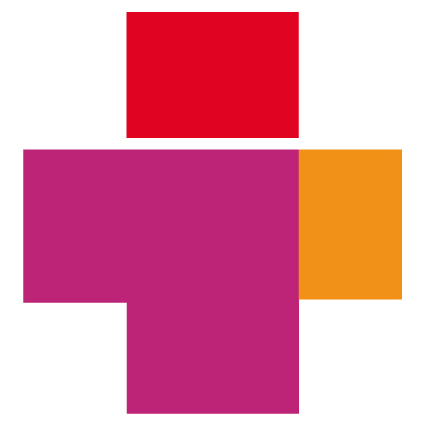Study the past to understand the future.
In the early 1900’s, 30% of the United States population were living and working on farms. The agriculture infrastructure was dependent on a large labor force. Approximately one out of every three people needed to work in farming to help provide food to the nation. This statistic meant that only 60% of the United States population was available to work in any other profession outside of agriculture.
The demand for agricultural labor was due to the excessive human energy needed to complete the tasks. From preparing the earth to growing and harvesting, human power was required. By 1920 the United States had reached its peak in the agriculture labor workforce. With more than 32 million people working the farms the US could not progress in other fields of technology, there was just too much of a need for food production.
Look to farming for clues in solving healthcare's interoperability needs.
It was clear that to serve the rapidly growing population of America food would need to be produced in larger scale. These intentions gave way to new ideas, soon machines could do the work of hundreds of hands, and before long the workforce of the United States had been freed up to explore other interests.
Just like farming in the early 1900’s, the progress of Big Data over the last few years has been hindered by the need for a large workforce. Currently, human labor is required to perform many of the tasks for Big Data. With the widespread and disparate systems that fail to communicate to each other, many hours are spent by humans to gather and prepare that data for use, and often the time required makes the entire process financially impractical.
The answer to the Big Data workforce problem is technology. As we learned from the farming analogy, the solution lies not within human labor but the creativity that spawns doing more with less. In the case of Big Data, the minimalism approach is interoperability. When systems can interrelate even when they are unique, the real power of Big Data analytics can be explored. With across the board interoperability, stakeholders will openly consider investing in the current infrastructure.
Along with our partners, we at RHITC have created a healthcare data solution that incorporates the current disparate systems.
Operating in the background of existing native systems we can manage consent, exchange, clean, organize, normalize, and validate the data. From structured to unstructured, clinical to claims we can act as the adapter that makes communication within the community possible.
A majority of the Electronic Medical Records (EMR) systems cannot share data with their community. The reason for the disparity is due to each EMR system being unique. The result is a world of data silos that sit excluded from one another. With independent silos, the data of Hospital C cannot communicate with Hospital B and the public health departments, and the payer organization is on another EMR system.
We are solving the interoperability issue by creating a health information exchange platform that uses ANY existing health information system.
By providing a neutral solution that incorporates into every disparate system, the health data can flow back and forth unrestricted. With our True Interoperability solution, we offer a cost effective, cross-enterprise result that can help everyone including the underserved communities.
By integrating the solution within the preexisting framework, we cut costs significantly. We remain scalable to account for growth and increase revenue by producing quality performance metrics.
The importance of worldwide interoperability is beyond the limits of the imagination.
Big Data contains information we have yet to determine as valuable. Inside the data are clues to solve problems in health that are currently unknown. We need to be tracking and analyzing all the data of each one's particular health condition. Big Data is knowledge. And with the knowledge, we gain power. It’s time to increase our power!



